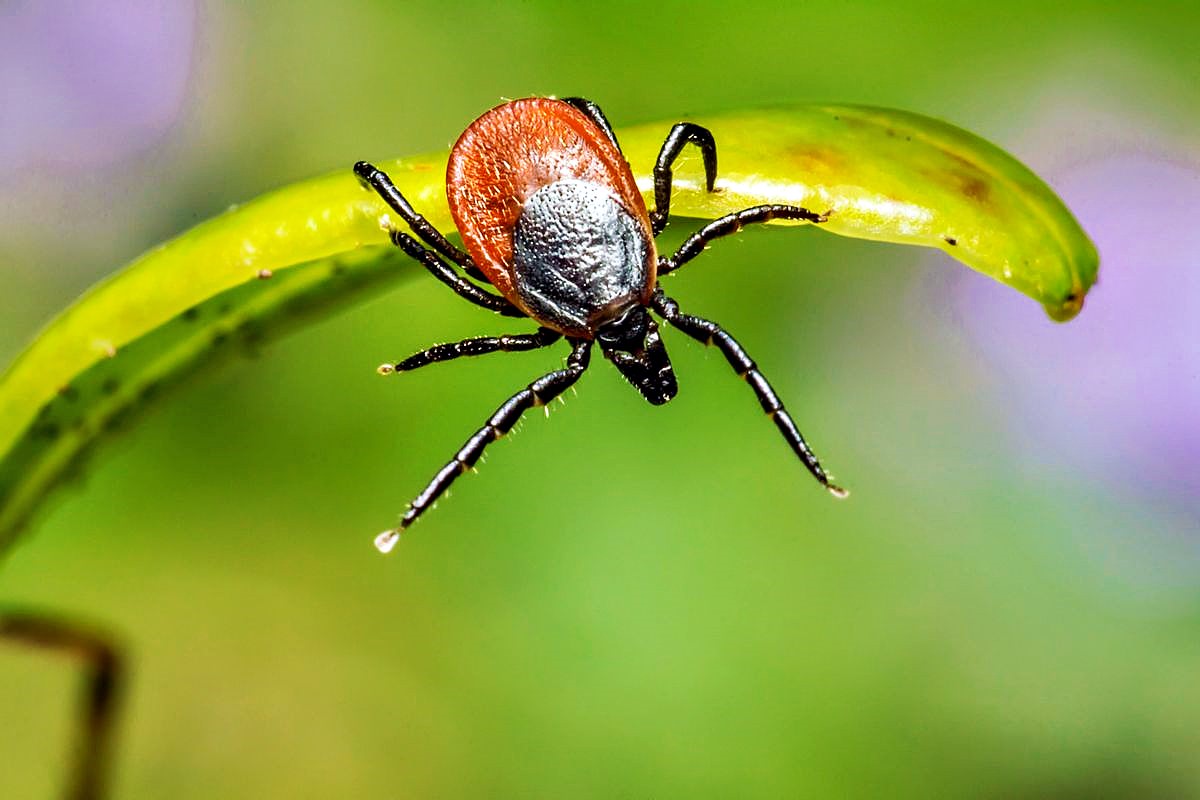A Deadly Nuisance 💀
Hello, everyone! Today, we’re going to delve into one of the most significant threats to human health – ticks. 🕷️ These tiny creatures, no bigger than a sesame seed, may seem insignificant, but their impact is far from harmless. Like mosquitoes, ticks are bloodsuckers and parasites, but their feeding habits are much more sinister. 💉
Once a tick latches onto its host, it won’t let go until it’s completely engorged. 🦷 Even if you try to remove it, the tick stubbornly clings on, releasing an anesthetic agent to numb the area and an anticoagulant to prevent blood from clotting. As it feeds, the tick’s body can swell up to 600 times its original size, transforming from a tiny speck to a grotesque, bloated mass. 🤢
A Vector for Deadly Diseases 🦠
The real danger of ticks, however, lies in their ability to transmit diseases. Statistically, ticks are responsible for spreading more diseases than mosquitoes, some of which have alarmingly high fatality rates. 📈 In East Asia, for instance, a new type of Bunyan virus has emerged, causing a severe fever and thrombocytopenia syndrome with a mortality rate ranging from 5% to 15%. 😰
Countless incidents of tick-borne diseases have gone unnoticed, with victims remaining unaware of when or where they were bitten. The mere thought of an imperceptible tick bite potentially leading to a life-threatening illness is truly terrifying. 😨
The Rise of Tick-Borne Illnesses 📈
In recent years, tick-borne diseases have seen a significant surge in reported cases worldwide. One such illness is the Alpha-gal meat allergy, also known as the mammalian meat allergy syndrome. 🥩🚫 Caused by a lone star tick bite, this condition triggers an allergic reaction to red meat, dairy products, and even contact with certain animals like cats and dogs. 🐱🐶
From just 24 cases reported in 2009, the number of Alpha-gal syndrome patients in the United States has skyrocketed to an estimated 450,000 in 2023. 😳 Even more alarming is the fact that nearly half of the surveyed medical professionals were unfamiliar with this condition, leaving many patients baffled by their sudden onset of allergies. 🤯
Another prevalent tick-borne disease is Lyme disease, caused by the bacteria Borrelia burgdorferi. If left untreated in its early stages, Lyme disease can progress to severe complications such as meningitis, heart problems, and debilitating joint issues. 🤕
Preventing Tick Encounters 🛡️
To combat the rising threat of tick-borne illnesses, prevention is key. When venturing outdoors, especially in areas with tall grass or dense vegetation, take precautions like wearing long pants tucked into socks, using insect repellents, and avoiding direct contact with foliage. 🥾🌿
If you discover a tick attached to your body, resist the urge to forcibly remove it, as this can leave the mouthparts embedded in your skin. Instead, use fine-tipped tweezers to grasp the tick as close to the skin as possible and gently pull it out vertically. Preserve the removed tick in a sealed container for potential testing if any symptoms arise. 🔬
The Root Cause: Climate Change 🌎☀️
Scientists attribute the surge in tick populations and associated diseases to the effects of climate change. 🌡️ Take, for example, the ghost moose phenomenon observed in North America. Moose, once primarily threatened by predators like wolves and bears, are now falling victim to severe tick infestations. 🐻❄️🐺
Warmer autumns and earlier springs have extended the window of opportunity for tick larvae to latch onto moose before the harsh winter sets in. Consequently, moose are succumbing to malnutrition and blood loss, leading to their emaciated, “ghostly” appearance. 👻🐃
As climate patterns continue to shift, the prevalence of ticks and their associated health risks are likely to escalate, making it crucial for individuals, communities, and authorities to prioritize prevention and preparedness. 🌍🚨
Copyright © 2025 Hea1th.net

